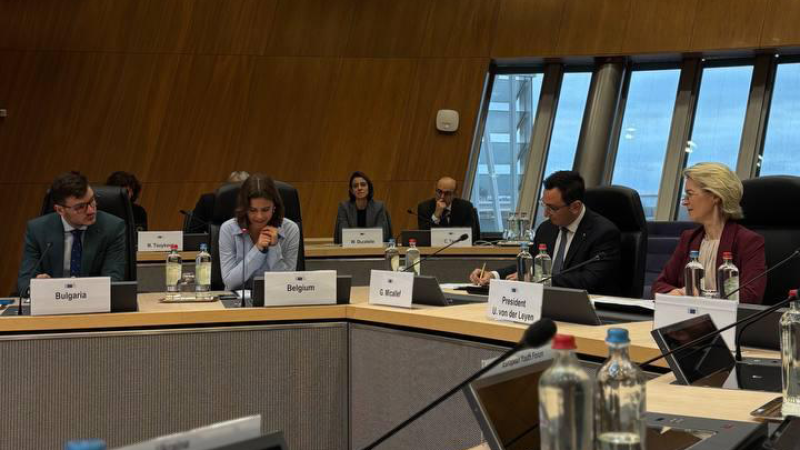
Cu sprijinul UE, Agenția de Mediu va oferi date fiabile despre emisiile de gaze cu efect de seră
Agenția de Mediu va asigura calitatea datelor incluse în Inventarul național al gazelor cu efect de seră (GES), în conformitate cu Cadrul de raportare cu nivel sporit de transparență al Convenției Cadru ONU privind Schimbările Climatice (CONUSC). Aceste informații sunt prezentate secretariatului CONUSC la fiecare doi ani.
Cu sprijinul proiectului EU4Climate, finanțat de UE și implementat de PNUD, specialiștii Agenției de Mediu sunt instruiți să utilizeze Ghidul CONUSC privind asigurarea și controlul calității datelor privind emisiile de GES în toate sectoarele economiei.
Republica Moldova este singura țară din regiunea Europei de Est și Asiei Centrale care are un sistem robust de monitorizare a emisiilor de gaze cu efect de seră (MRV), însă mai are de îmbunătățit structurarea datelor, consideră experții internaționali, implicați în proiectul EU4Climate.
„UE s-a angajat să reducă emisiile de gaze cu efect de seră cu 55% până în anul 2030, comparativ cu nivelurile din 1990. Republica Moldova are un obiectiv și mai ambițios de reducere a emisiilor – cu 70% în același interval. MRV este mecanismul care măsoară atingerea acestor obiective și permite raportarea în cadrul CONUSC. Pentru a asigura transparența și comparabilitatea acestui proces, este necesar să se actualizeze cadrul legal MRV din Moldova, pentru a îndeplini cerințele noilor reglementări UE. Programul EU4Climate răspunde acestor nevoi prin dezvoltarea capacităților și sprijinirea dezvoltării cadrului juridic în acest domeniu”, a declarat Matilda Halling, ofițeră de programe în cadrul Delegației UE la Chișinău.
Din 1750 și până la finele anului 2021 concentrația CO2 în atmosferă a crescut cu circa 50%. Acest fapt a provocat efectul de seră, atmosfera pământului încălzindu-se cu 1,1° C față de anul 1880. Prin Acordul de la Paris, statele lumii s-au angajat să mențină încălzirea globală sub 2° C către sfârșitul secolului pentru a evita efectele catastrofale ale schimbării climei asupra umanității.
Cu un buget total de 8,8 mln euro, proiectul EU4Climate se desfășoară în perioada 2019-2022 și are următoarele componente: (i) actualizarea Contribuțiilor Naționale Determinate la Acordul de la Paris; (ii) elaborarea strategiilor naționale de dezvoltare cu emisii reduse către anul 2050; (iii) introducerea și consolidarea cadrului de monitorizare, raportare și verificare a emisiilor de gaze cu efect de seră; (iv) alinierea la acquis-ul comunitar în domeniul climei; (v) integrarea dimensiunii de climă în documentele de politici sectoriale, creșterea gradului de conștientizare și elaborarea ghidurilor sectoriale pentru implementarea Acordului de la Paris; (vi) atragerea de investiții în domeniul schimbărilor climatice; (vii) o mai bună planificare a adaptării la schimbările climatice.







